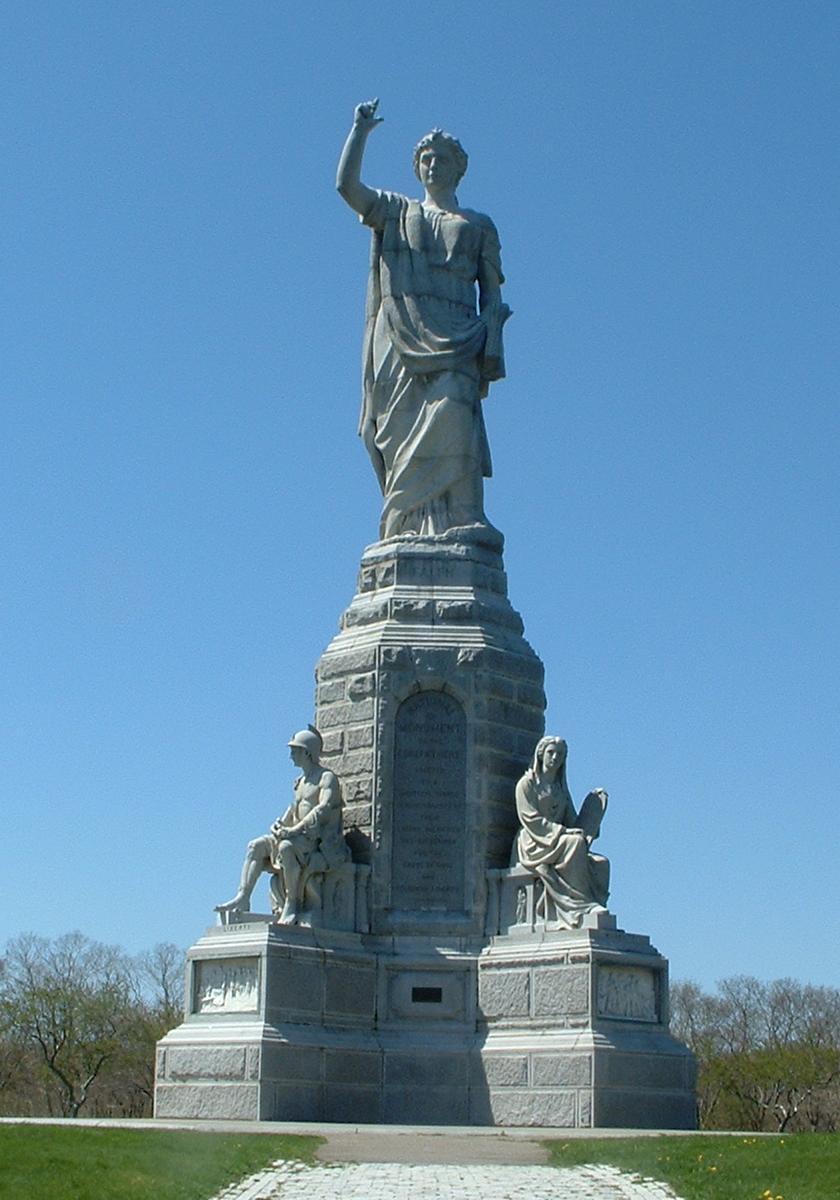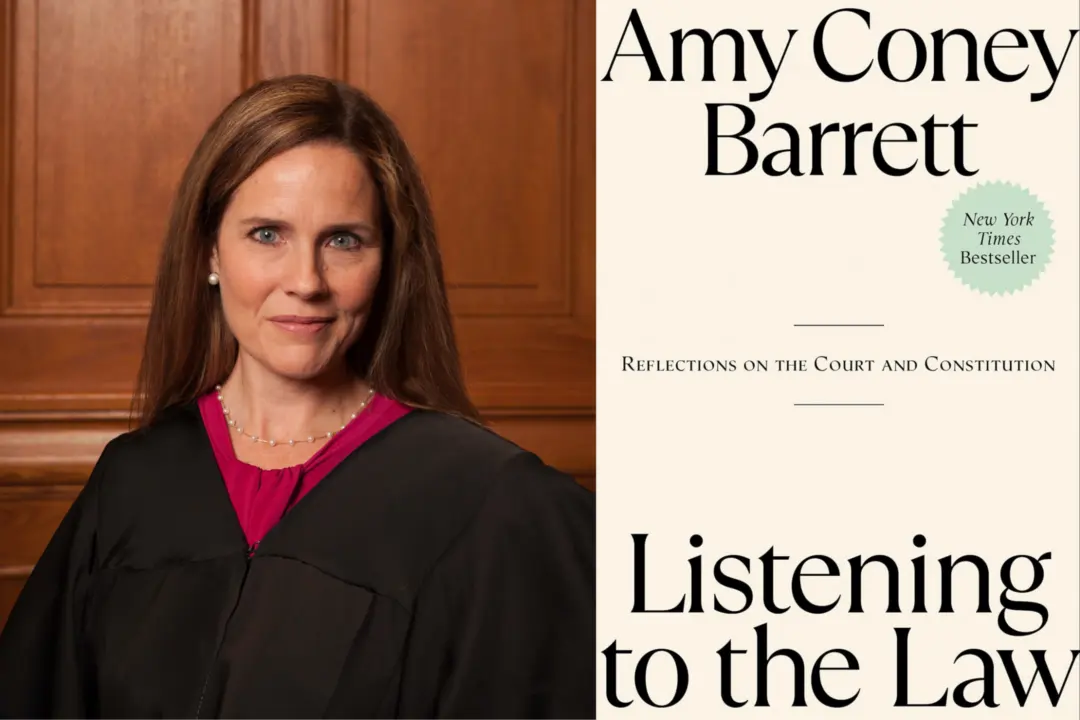There’s an impressive monument in Plymouth, Massachusetts, that honors the ideals of the Pilgrims. Known as the National Monument to the Forefathers, it was designed by Boston artist Hammatt Billings, and at the time of its dedication in 1889, the monument was visible for miles. But years of tree growth have concealed it. It is now a hidden gem.

National Monument to the Forefathers, in Plymouth, Mass. Public Domain





